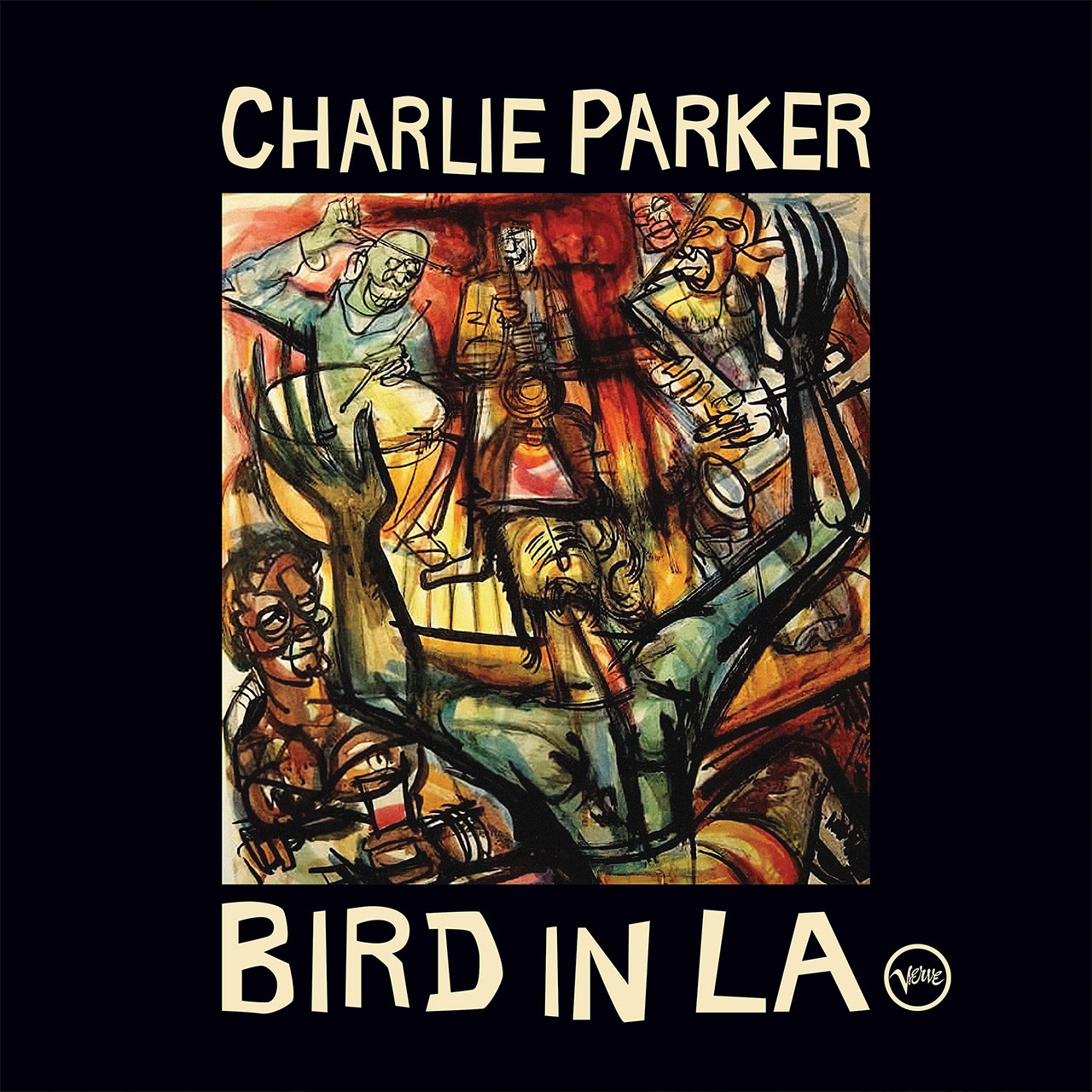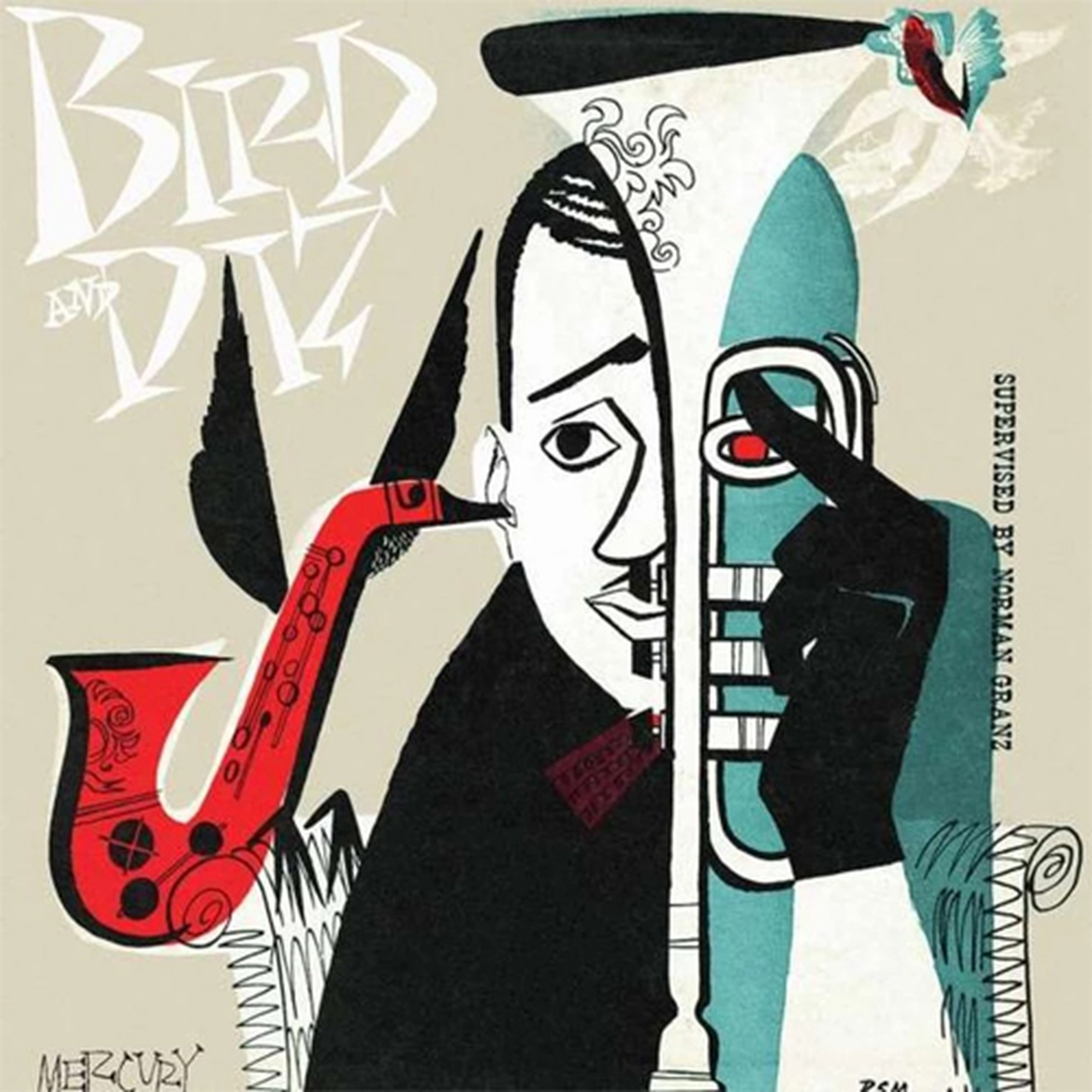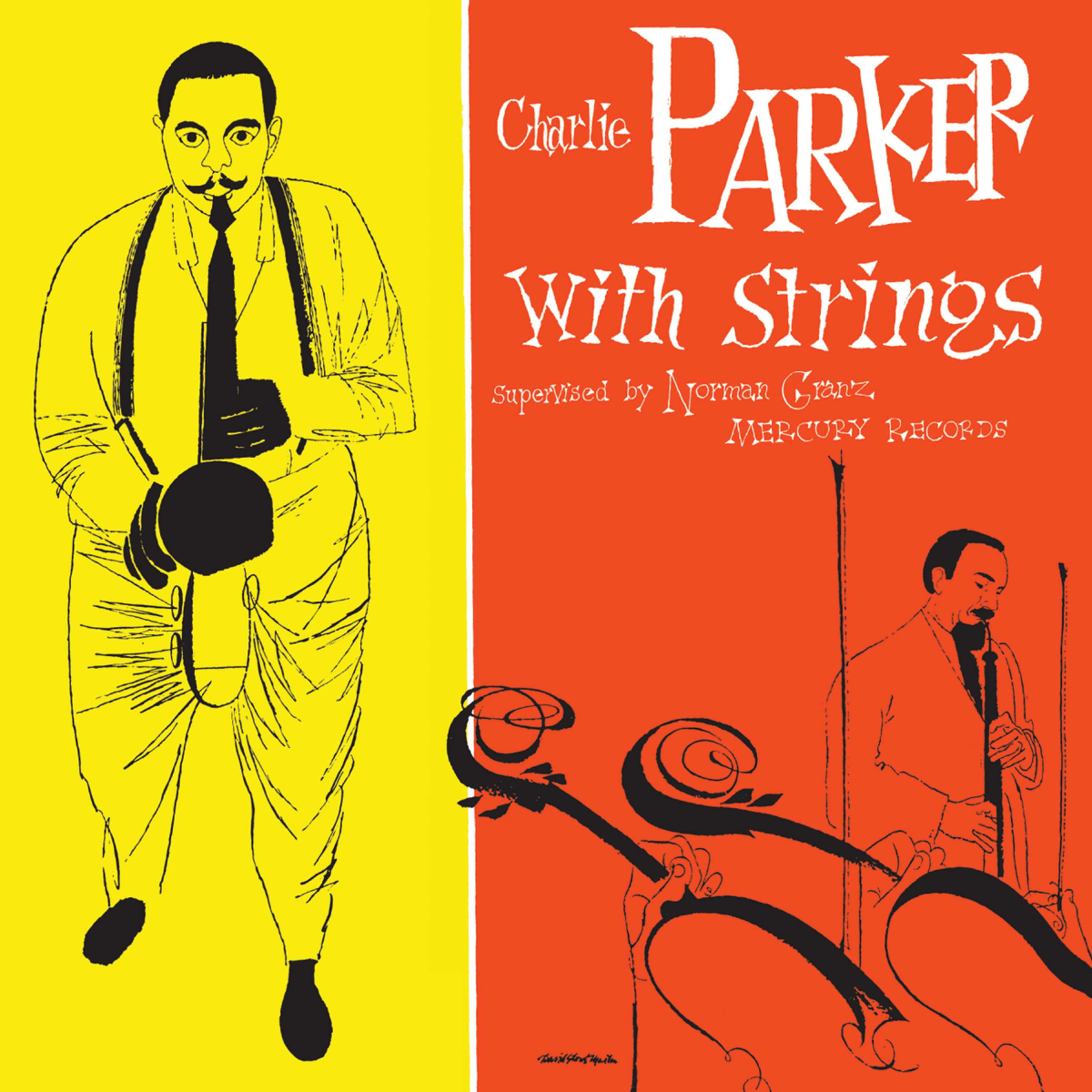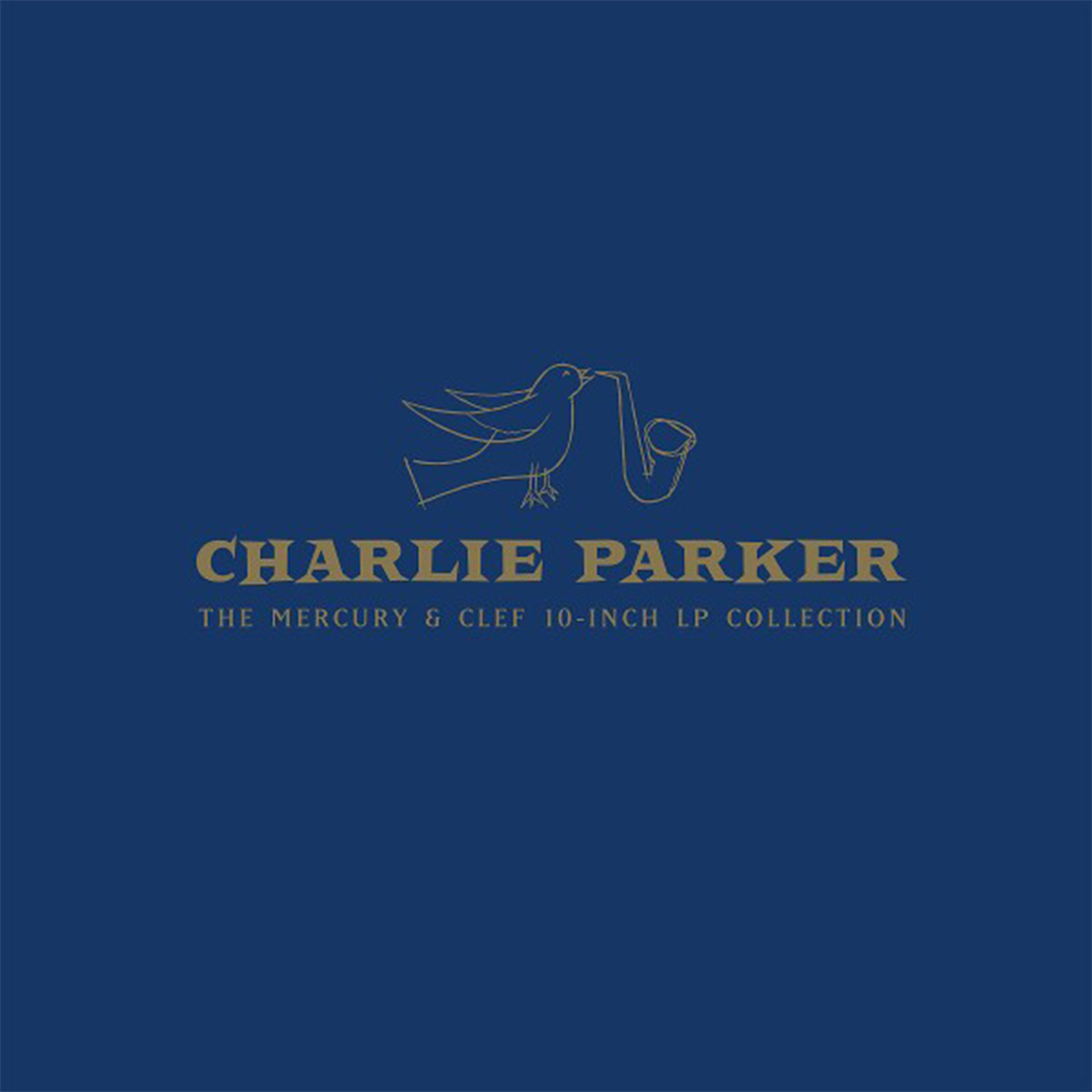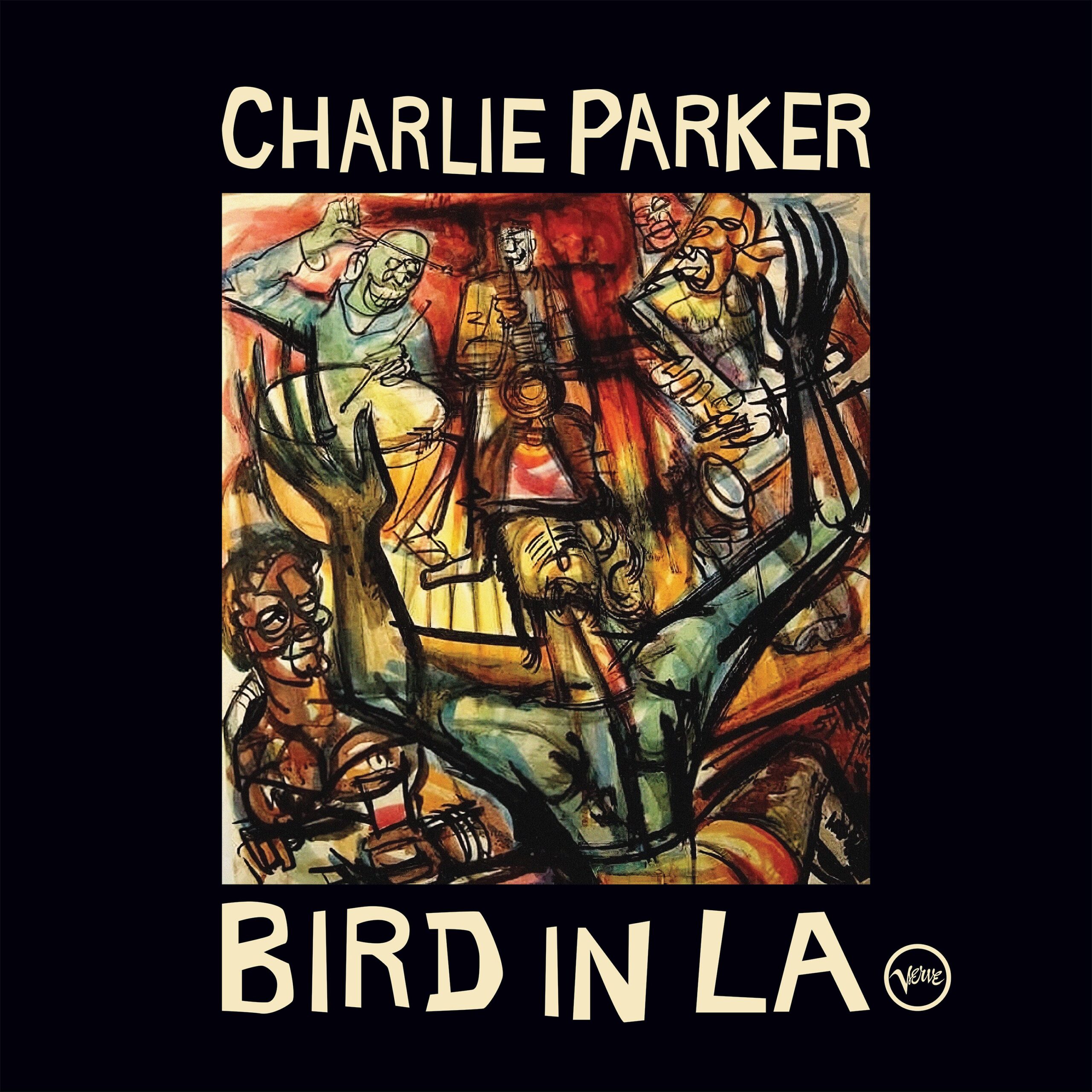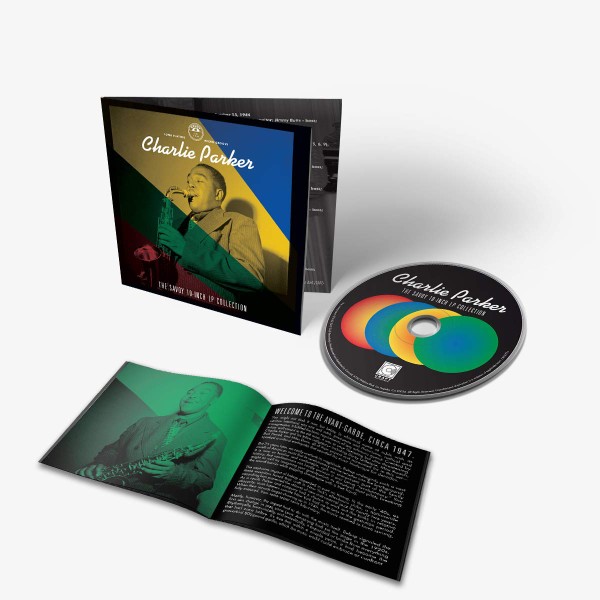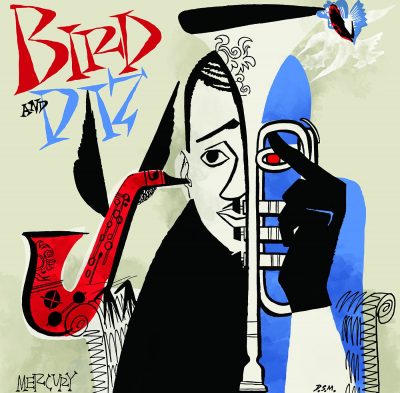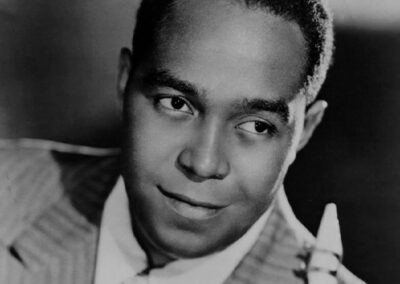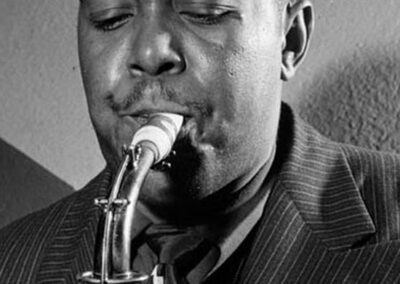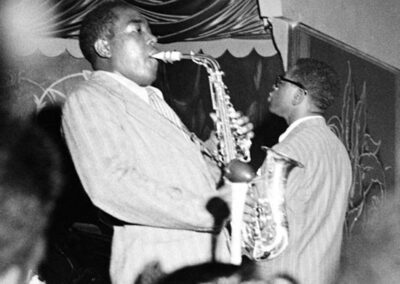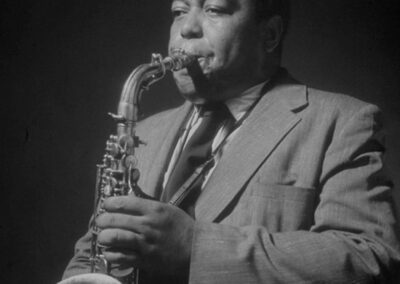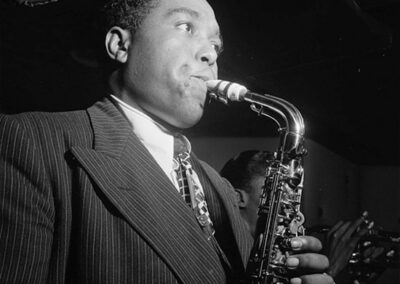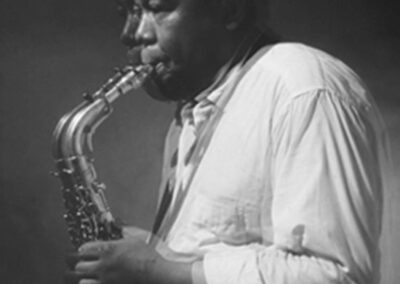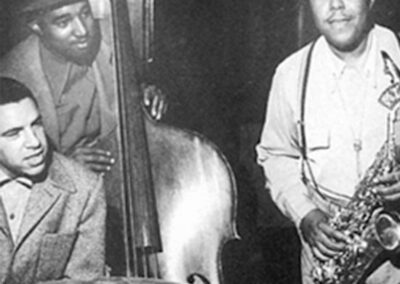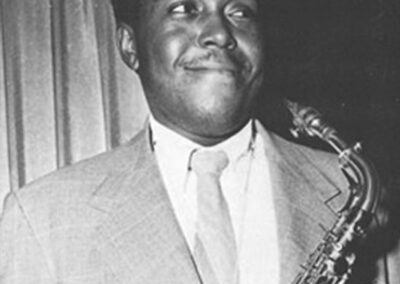A clap of thunder heralded the passing of Charlie “Bird” Parker. Baroness Pannonica de Koenigswarter, who gave Parker refuge and comfort during his final days in her suite in the Hotel Stanhope on 5th Avenue in New York, recalled, “At the moment of his going, there was a tremendous clap of thunder. I didn’t think about it at the time, but I’ve thought about it often since; how strange it was.” One musician speculated that Parker disintegrated into “pure sound.”
Charlie Parker had lived life to its fullest. Robert Reisner, a friend of Parker and author of Bird: The Legend of Charlie Parker, observed, “Charlie Parker, in the brief span of his life, crowded more living into it than any other human being. He was a man of tremendous physical appetites. He ate like a horse, drank like a fish, was as sexy as a rabbit. He was complete in the world, was interested in everything. He composed, painted; he loved machines, cars; he was a loving father ….No one had such a love of life, and no one tried harder to kill himself….” Dr. Richard Freymann, the attendant physician during Parker’s final days at the Stanhope Hotel, judged him fifty-three years old. He was thirty-four at the time of his death.
Parker’s early death came as no surprise to those who knew him well. After becoming hooked on heroin at the age of sixteen, he struggled with drug addiction, alcohol abuse and mental illness for the rest of his life. Over the years, his massive consumption of alcohol and drugs ravaged his already fragile physical and mental health. Bandleader Jay McShann observed, “I knew it was going to happen sooner or later. The way he was goin’ with that dope and all. He could only last so long.”
During his short life, Parker changed the course of music. Like Louis Armstrong, Duke Ellington, Miles Davis and John Coltrane, he was a pioneering composer and improviser who ushered in a new era of jazz and influenced subsequent generations of musicians, writers and artists.
Jazz historian Martin Williams judged that Parker influenced “everyone.” In 1965, jazz pianist Lennie Tristano observed that, “If Charlie Parker wanted to invoke plagiarism laws; he could sue almost everybody who’s made a record in the last ten years.”
Born in Kansas City, Kansas on August 29, 1920, Parker cut his musical teeth hanging out in the alleyways behind the nightclubs lining 12th Street in Kansas City, Missouri where Count Basie, Lester Young, Mary Lou Williams and other jazz legends engaged in marathon jam sessions.
